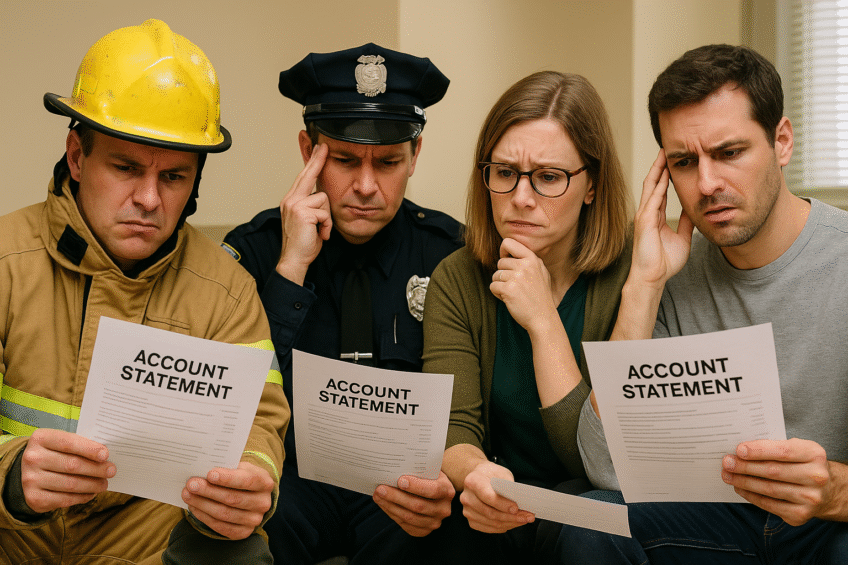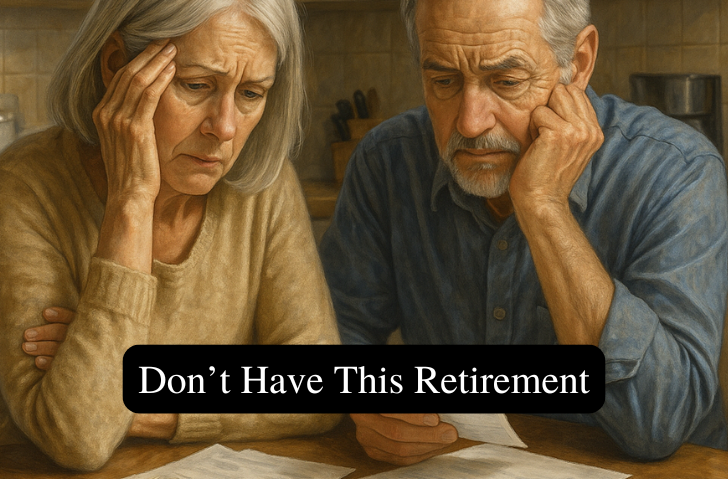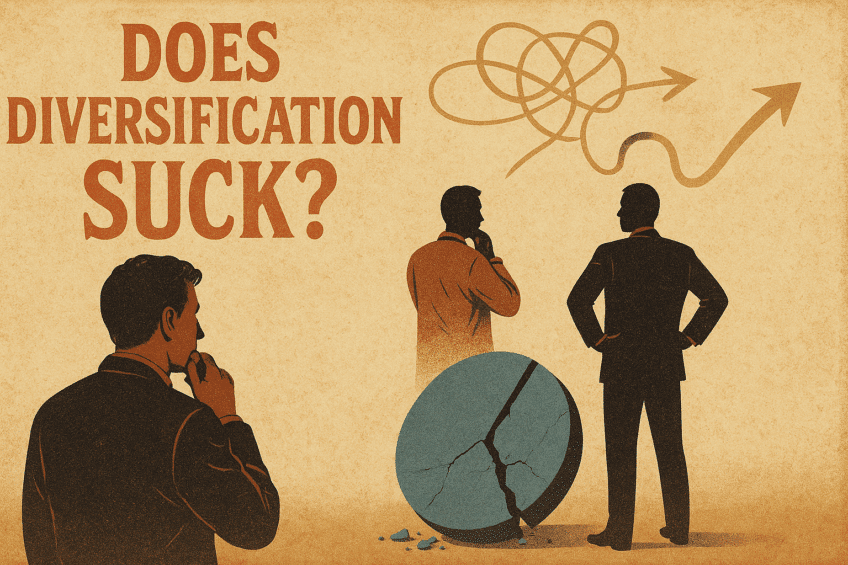As a certified financial planner with decades of experience guiding everyday Americans toward secure retirements, I’ve seen how 401(k) plans anchor millions of workers’ financial futures. These employer-sponsored accounts let you save pre-tax dollars and invest in stocks, bonds, or mutual funds for long-term growth towards your future retirement. But a new policy threatens this simple system: the Trump Administration is expected to sign an executive order soon, directing federal regulators to issue guidance on adding private investments—like private equity—to 401(k) portfolios. While this aims to diversify options, for the average 401(k) investor unfamiliar with private equity, it’s a risky move. Read More












